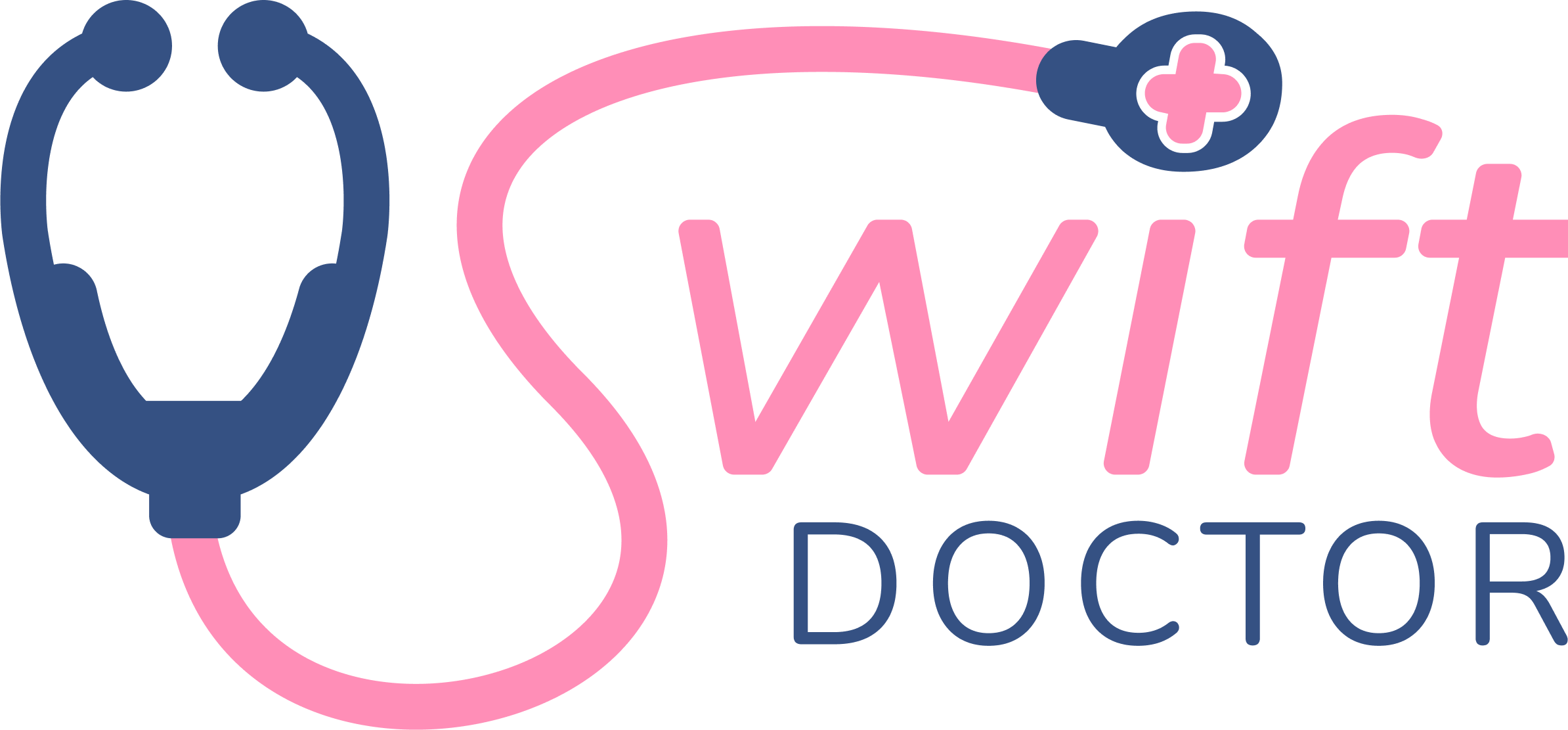Infections occur when harmful microorganisms such as bacteria, viruses, fungi, or parasites invade the body, causing symptoms ranging from mild to severe. Here, we will look at some common types and how best to treat infections.
Common Infections
Bacterial Infections: These infections are caused by bacteria and can affect various parts of the body, such as the skin, throat, lungs, or urinary tract. Examples include strep throat, cellulitis, and urinary tract infections (UTIs).
Viral Infections: Viruses cause a wide range of infections, from the common cold to influenza, chickenpox, and even COVID-19. Viral infections often resolve on their own, but some may require antiviral medication.
Fungal Infections: Fungi can cause infections on the skin (such as athlete’s foot or ringworm) or more serious infections in the lungs or bloodstream in individuals with weakened immune systems.
Parasitic Infections: Parasites, like those causing malaria, can infect the body and may require specific medications to treat.
Recognising Infection Symptoms
The symptoms of an infection can vary widely depending on the cause and area affected. However, general signs to look out for include:
-
- – Fever
- – Pain or tenderness at the site of infection
- – Redness, warmth, or swelling
- – Fatigue
- – Unusual discharge (e.g., from a wound or infection site)
Recognising these symptoms early is crucial, as infections can worsen quickly if left untreated.

Treating Infections: What Works and What Doesn’t
While mild infections can sometimes resolve on their own, many require specific treatments to fully clear the infection. Here’s an overview of treatment options and approaches that can effectively manage infections.
1. Antibiotics for Bacterial Infections
For bacterial infections, antibiotics are the primary treatment. These medications work by either killing bacteria or preventing them from reproducing. Common antibiotics include penicillin, amoxicillin, and doxycycline, and they’re usually effective for conditions like UTIs, strep throat, and skin infections. However, it’s essential to use antibiotics responsibly. Misusing them can lead to antibiotic resistance, making future infections harder to treat.
When prescribed antibiotics, complete the full course, even if you feel better partway through, avoid sharing antibiotics with others, and be sure not to use leftover antibiotics for a new infection.
SwiftDoctor emphasises the importance of consulting a healthcare provider before taking antibiotics, as each infection requires tailored treatment.
2. Antivirals for Viral Infections
While many viral infections resolve on their own, antiviral medications may be prescribed in certain cases. For instance, antiviral drugs like oseltamivir (Tamiflu) can help treat influenza, while acyclovir is effective for herpes-related infections. Antivirals can shorten the duration of the illness and reduce the severity of symptoms.
It’s important to note that antibiotics are ineffective against viruses, so using them for viral infections (such as the common cold or flu) won’t help and may contribute to antibiotic resistance. SwiftDoctor always recommends consulting a healthcare provider if you suspect a viral infection to determine whether antiviral treatment is appropriate.
3. Antifungal Treatments for Fungal Infections
Fungal infections can be treated with antifungal medications, which are available in various forms, including creams, ointments, and oral tablets. For example, athlete’s foot and ringworm can often be managed with over-the-counter antifungal creams, while more severe fungal infections may require prescription-strength treatments.
When using topical treatments, ensure you follow application instructions carefully, as many fungal infections require consistent treatment for several weeks. Oral antifungal medications, such as fluconazole, may be prescribed for more serious infections or infections affecting internal organs.
4. Anti-Parasitic Medications for Parasitic Infections
Parasitic infections, such as those caused by Giardia or malaria, typically require specific anti-parasitic medications. These medications vary depending on the type of parasite and the severity of the infection. For example, malaria is treated with medications like chloroquine or artemisinin-based therapies.
Given the serious nature of many parasitic infections, it’s essential to seek prompt medical care if you suspect one, especially if you have travelled to areas where certain parasites are common. Vaccination can be an important preventive measure for some parasitic diseases, particularly for those travelling to high-risk areas. Ask our team for advice and guidance.
Managing Infection Symptoms
In addition to medication, you can take steps to manage symptoms at home and support your body’s natural healing process:
Rest and Hydration: Allowing your body to rest and staying hydrated helps support your immune system. Drinking water and avoiding caffeine or alcohol can help speed up recovery.
Pain Relief: Over-the-counter pain relievers like paracetamol or ibuprofen can help reduce fever, aches, and pains.
Hygiene and Self-Care: For skin infections, keep the area clean and avoid touching or scratching it. Good hygiene can help prevent the spread of infection and reduce irritation.

When to Seek Medical Help
While many infections can be managed at home, there are times when medical help is necessary. Seek immediate care if you experience:
-
- – High fever or chills
- – Difficulty breathing
- – Severe pain
- – Persistent symptoms despite home treatment
- – Unusual or worsening discharge from an infection site
SwiftDoctor advises that it’s better to err on the side of caution with infections. Early treatment can prevent complications, particularly in vulnerable individuals like children, the elderly, and those with weakened immune systems.
Preventing Infections
While not all infections are preventable, you can take steps to reduce your risk:
-
- – Wash hands frequently with soap and water.
- – Keep cuts and wounds clean and covered.
- – Avoid close contact with sick individuals.
- – Stay up-to-date on vaccinations, including the flu vaccine.
- – Practise safe food handling and cooking methods.
Personalised Advice and Support
Infections can range from mild to life-threatening, and timely, appropriate treatment is essential. By understanding the different types of infections and their treatment options—whether it’s antibiotics for bacteria, antifungals for fungi, or antivirals for viruses—you’re better equipped to manage infections effectively. At SwiftDoctor, we’re here to support you with personalised advice and access to effective treatments. Contact us today and let us help you stay healthy.

This blog was written on behalf of SwiftDoctor by Pharmacy Mentor.

